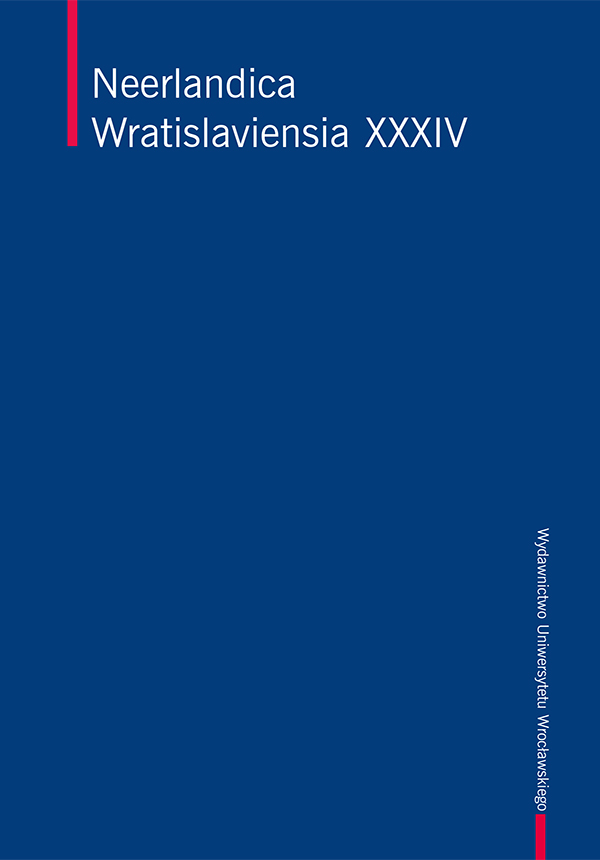

Artikelen

The strategy of raising a bilingual child, also known as family language policy (FLP), has been the subject of linguistic, psychological or sociological research for many years. One way of raising bilinguals in a family environment is the minority language at home strategy (ml@h), which is often chosen by parents who live outside their home country and both speak a minority language. Parents speak to each other and to the child in their native language and the second language is acquired by the child in situations outside the home. In this article, I will present not only theoretical considerations of bilingual upbringing but also the perspective of a person who was raised bilingually (Dutch and Polish). Opinions and reflections gathered by an individual in-depth interview will provide a glimpse of growing up in a bilingual environment from the perspective of a now-adult child. In the case described, the strategy had a positive effect. This was influenced by the parents’ conscious choice of a bilingual upbringing strategy and its consistent application, supporting the child in learning the grammar and stylistics of the minority language and providing the child with contact with the minority language before going to school.